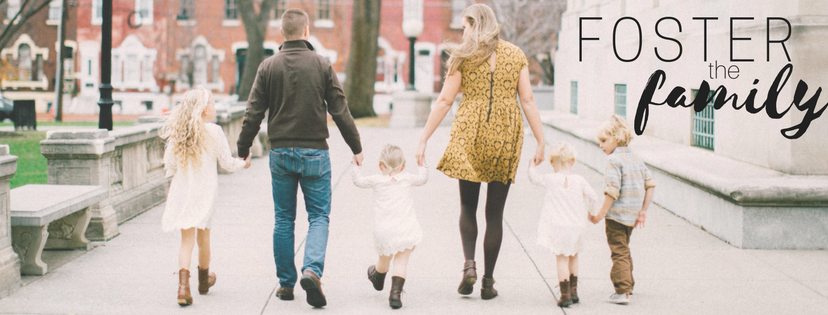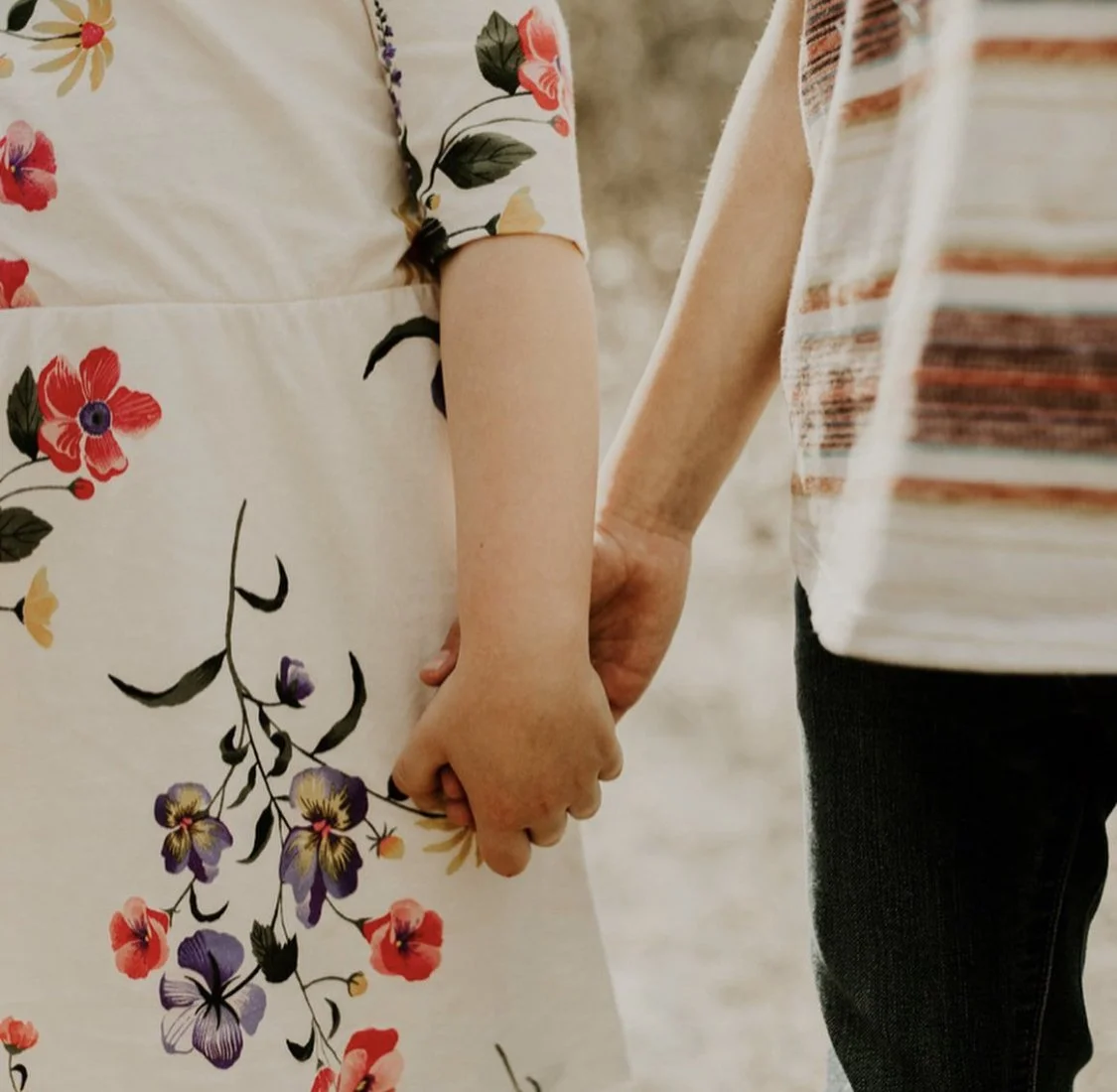Let’s drop the whole “special” thing. It burdens foster parents with both a credit and a pressure we don’t deserve and shouldn’t have to carry. And it allows everyone else to exclude themselves with the admission that they’re not “special.”
Nothing Will Ever Change How Much I Love You
The love I have and was acting in, I began to feel again, and I whispered in her ear, “I love you, little girl. I will love you always and forever. Nothing will ever change how much I love you.”
Your Impact is Immeasurable
Your impact is immeasurable. Which means, at once, that it can feel like nothing—you can’t even measure it—and also be everything—you can’t even measure it.
She Has a Family
Now I understand the mission differently. Now I would cry those same tears as fiercely over a child needing me in the first place. The loss of a mother, a father, a family is the heartbreak that placement represents. I grieve the need for my role at all.
As I Open My Door to the Child, I Open My Heart to the Mother
My fight for restorative & redemptive foster care begins before the child even enters my home.
“She’s Not Attention Seeking, She’s Attachment Seeking”
It’s easy to have sympathy when a child is sad or scared or suffering. But when they’re just basically “annoying?” It can be so hard to have compassion on this “attention seeking.” That’s when I have to remind myself what I explained to my ten year old: She’s not attention seeking, she’s attachment seeking.
Real Talk
But then I remember. The God who’s brought me here, who’s carried me before and carries me still, who despite it all and by it all has blessed me deeply. And I get up & stand again on the promises I own in Him. I re-place my trust, refocus on the mission, rejoice in all I have. And I rediscover, again, the great joy of this life I get to live.
Why Can't Our Family Just Be Normal?
We chose to step into brokenness. A brokenness that is not easily mended, a brokenness that writes itself on DNA & belief systems & physiological reactions. But we stepped into this place, and we walk in is still.
Hold Space for Everything Else
It’s much easier to see & sit in the brokenness. We have to fight to see the joy, search for the healing, choose gratitude. Hopelessness will overwhelm you if you don’t fight for hope.
The Life of a Foster Parent
The rollercoaster of emotions—the heartbreak of loss, the anxiety of the future, the overwhelm of the privilege, the joy of the love both given and received.
Our Kids' Parents Have So Much to Overcome
The arrogant thesis behind this question: If you love your kid, you do whatever it takes to get them back. But have you ever stopped and considered the obstacles, the roadblocks, the internal and external forces that fight against our kids’ parents as they fight for their kids?
The One's for the Rest of You
Most of what I share speaks directly to foster and adoptive parents. This one's for the rest of you. You read what I write, but I want to make sure you're not reading into what I don't write, so I'm going to spell it out, clear as can be.
How Do I Know if I'm Ready?
You don’t need to see the whole path. You won’t ever know the destination. You just need the faith to start. You just need a very first “yes.”
Don’t wait to arrive at “ready.” You never will. The question is: Are you ready to take the first step?
To the Almost Foster Parent
Caring for vulnerable children in any way is important work. Don’t wait for the “one day” that may (or may not) come. Step out in whatever small way you’re able now. This is the work that you want to be a part of it...so be a part of it!
Your Loss is Real and Your Pain is Deep and Your Grief is True
There’s no easy way to lose a child. And as a foster parent, you don’t even get to acknowledge your loss. Celebrate reunification. Accept the next placement. Remind yourself that this is the gig. Put on a brave face. All while having lost a child, a child who feels like and who was—in every sense except, you know, actually—yours.
What. Are. We. Even. Doing?
Building relationships with our kids’ parents isn’t (just) about being kind and compassionate and humble toward them. It’s about doing all that we can to work towards creating the outcomes that we are praying for our kids.
Foster Care Is About Family
Foster care is about family. It’s about welcoming a child into your family. It’s about—in one way or another—welcoming another family into your family.
Foster Care Is About Restoration
Foster care is about protection. But it’s about more than that. Foster care is about restoration.
Tell Your (foster/adopted) Child’s Story
Maybe you leave out some of the specific details, maybe you talk to your child about what and how you’ll share. But I encourage you to share. Share with your child’s teacher, so they have all they need to know to love and serve and teach your child well.
We Know Who's Called Us
We don’t have to know where the road will end. We know Who’s called us. We know Who’s determined the path. We know Who’s walking with us.




















